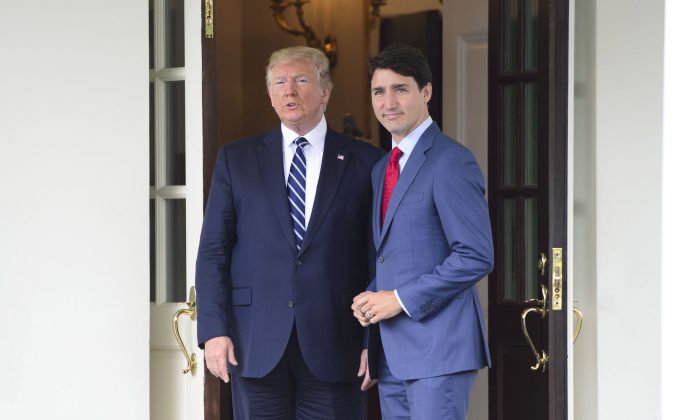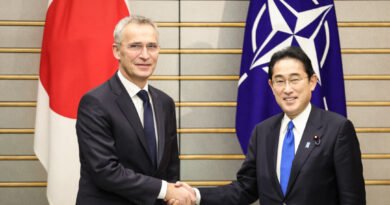Anticipating a Second Term: Predicting Canada’s Future With Trump’s Reelection
A number of U.S. President-elect Donald Trump’s focus areas could have major ramifications for Canada, and as America’s northern neighbour and closest ally, Canada could be witness to significant U.S. foreign policy changes and global alliance implications.
In his third presidential campaign, Trump focused on promises around boosting the U.S. economy and reducing inflation, whether through renegotiating free trade in North America, imposing tariffs, or cutting taxes.
Trump has also taken a hard line against illegal immigration, promising massive deportations. Increasing U.S. oil production and negotiations with OPEC nations could also affect global oil prices and by extension Canada’s energy-rich provinces. Trump’s insistence on allies’ defence spending commitments will have major financial impact on Canada as well.
Trade
Chrystia Freeland led the North American Free Trade Agreement (NAFTA) renegotiations for Canada as foreign affairs minister starting in 2017. Now, as deputy prime minister and finance minister, Freeland could potentially have a role in renegotiating NAFTA’s successor, the Canada-U.S.-Mexico Agreement (CUSMA), which the three countries signed in 2018. The Liberals would first have to retain power in the next election to be held at the latest in October 2025.
CUSMA, which came into effect July 1, 2020, contains a clause that says it is to undergo a formal review every six years, starting on its sixth anniversary of entry into force, which falls in 2026.
Trump said on the campaign trail that he will formally notify Canada and Mexico of his intent to invoke the six-year renegotiation clause upon taking office. He said he was behind the clause and that it was the “hardest thing I had to get,” as “they didn’t want that.”
Trump said he would seek stronger protections on transshipments so that countries like China cannot “smuggle their products and auto parts into the United States tax free through Mexico.”
Tariffs
The other déjà vu the Canadian government is likely to face is Trump’s appetite for tariffs as he seeks to reduce his country’s trade deficit and bolster its industrial base.



